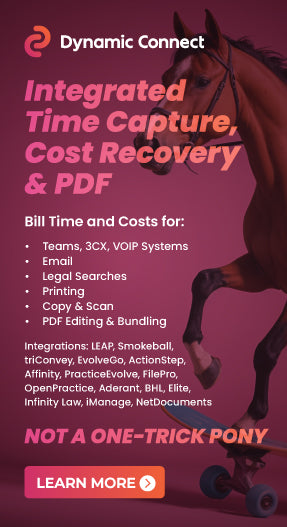
Smarter Drafter for Law Firms to Automate Documents
The technology used to create Smarter Drafter precedents is now being made available so that law firms can create their own automated intelligent precedents. The technology is called Rulestar. It is offered as a tool to:
build smarter forms and automate sophisticated documents easily with [an] unrivalled “no-code” platform that makes automation with complex logic easy for everyone.
David Lipworth, founder and Managing Director of Smarter Drafter and Rulestar, told Legal Practice Intelligence:
Rulestar is the underlying automation technology that powers Smarter Drafter. We developed the Rulestar technology to power Smarter Drafter. Smarter Drafter provides automated legal documents - i.e. it's our content that we have automated using the Rulestar technology - whereas Rulestar is an automation platform that anyone can use to automate their own content.
Smarter Drafter is compelling for smaller firms that are looking to embrace automation but don't have their own Knowledge Management teams. They're delighted to outsource to Smarter Drafter's high-quality content as Smarter Drafter has already done all the hard work of automating it.
Rulestar is compelling for larger firms that want to automate their own content. They will usually have a Knowledge Management department and have invested in developing and maintaining their own bank of precedents. Rulestar is also ideal for in-house legal teams that prepare their own documentation internally.
David Lipworth further commented that Rulestar can be used in any country and even in other industries.
For more information see links below:
Also read top viewed Ai Legal article: The Role of AI in Legal Research.






